Udimax-300 Tablet 10's
MRP ₹350
(Inclusive of all Taxes)
₹52.5 Cashback (15%)
Provide Delivery Location
Online payment accepted
 Prescription drug
Prescription drugWhats That
Composition :
Manufacturer/Marketer :
Consume Type :
Expires on or after :
Return Policy :
About Udimax-300 Tablet
Udimax-300 Tablet belongs to a group of medicines called the biliary agents or gall stone dissolution agents used to treat gall stones, primary biliary cholangitis (an autoimmune disease of the liver), excess cholesterol in bile and children above 6years with biliary and liver diseases caused by cystic fibrosis.
Udimax-300 Tablet contains ursodeoxycholic acid, which is a naturally-occurring bile acid. Udimax-300 Tablet helps decrease the production of cholesterol in the blood, thereby dissolving gall bladder stones composed mainly of cholesterol. Udimax-300 Tablet has a protective effect on the liver cells from injury caused due to toxic bile acids and improves liver function.
Take Udimax-300 Tablet with food. You are advised to take Udimax-300 Tablet for as long as your doctor has prescribed it for you depending on your medical condition. In some cases, you may experience certain common side-effects such as abdominal discomfort, abdominal pain, diarrhoea, nausea, rash, dizziness, indigestion and weakness. Most of these side-effects do not require medical attention and will resolve gradually over time. However, you are advised to talk to your doctor if you experience these side-effects persistently.
Inform your doctor before taking Udimax-300 Tablet if you have variceal bleeding (high blood pressure in portal veins), ascites (excess abdominal fluid), liver encephalopathy or liver disease. Do not take Udimax-300 Tablet if you are pregnant or breastfeeding unless prescribed. Udimax-300 Tablet can be given to children above 6 years if prescribed by the doctor. Avoid consuming alcohol along with Udimax-300 Tablet as it could lead to increased drowsiness and liver damage. Keep your doctor informed about your health condition and medicines to rule out any side-effects.
Uses of Udimax-300 Tablet
Directions for Use
Key Benefits
Udimax-300 Tablet contains ursodeoxycholic acid, which is a naturally-occurring bile acid. It belongs to a group of medicines called the biliary agent or gall stone dissolution agents used to treat gall stones, primary biliary cholangitis (an autoimmune disease of the liver), excess cholesterol in bile children above 6 years with biliary and liver diseases caused by cystic fibrosis. Udimax-300 Tablet breaks down the cholesterol that has formed into gall bladder stones, thereby dissolves the stones. Udimax-300 Tablet has a protective effect on the liver cells and the immune system, thereby improving liver function. Udimax-300 Tablet decreases the amount of cholesterol produced by the liver and absorbed by the intestine. In patients with primary biliary cirrhosis, Udimax-300 Tablet increases the bile flow.
Storage
- Inform Your Doctor: Notify your doctor immediately about your diarrhoea symptoms. This allows them to adjust your medication or provide guidance on managing side effects.
- Stay Hydrated: Drink plenty of fluids to replace lost water and electrolytes. Choose water, clear broth, and electrolyte-rich drinks. Avoid carbonated or caffeinated beverages to effectively rehydrate your body.
- Follow a Bland Diet: Eat easy-to-digest foods to help firm up your stool and settle your stomach. Try incorporating bananas, rice, applesauce, toast, plain crackers, and boiled vegetables into your diet.
- Avoid Trigger Foods: Steer clear of foods that can worsen diarrhoea, such as spicy, fatty, or greasy foods, high-fibre foods, and dairy products (especially if you're lactose intolerant).
- Practice Good Hygiene: Maintain good hygiene to prevent the spread of infection. To stay healthy, wash your hands frequently, clean and disinfect surfaces regularly, and avoid exchanging personal belongings with others.
- Take Anti-Diarrheal Medications: If your doctor advises, anti-diarrheal medications such as loperamide might help manage diarrhoea symptoms. Always follow your doctor's directions.
- Keep track of your diarrhoea symptoms. If they don't get better or worse or are accompanied by severe stomach pain, blood, or dehydration signs (like extreme thirst or dark urine), seek medical help.
- Drink water or other clear fluids.
- To prevent worsening of pain, limit intake of tea, coffee, or alcohol.
- Include bland foods like rice, toast, crackers, and rice in your diet.
- Avoid lying down immediately after eating as it may cause indigestion or heartburn.
- Avoid acidic and spicy food as it may cause indigestion.
- Inform your doctor about your constipation symptoms. They may adjust your medication or advise alternative treatments.
- Stay hydrated by drinking sufficient of water (at least 8-10 glasses a day) to help soften stool and promote bowel movements.
- Increase fibre intake by eating foods high in fibre, such as fruits, whole grains, vegetables and legumes, to help bulk up the stool.
- Establish a bowel routine by trying to go to the bathroom at the same time each day to train your bowels.
- Engaging in regular exercise, like walking or yoga, can support in bowel movement stimulation.
- Consult your doctor if constipation persists, and discuss alternative treatments or adjustments to your medication.
- Hydrate your body: Drink enough water to prevent dehydration and headaches.
- Calm Your Mind: Deep breathing and meditation can help you relax and relieve stress.
- Rest and Recharge: Sleep for 7-8 hours to reduce headache triggers.
- Take rest: lie down in a quiet, dark environment.
- Cold or warm compresses can help reduce tension.
- Stay Upright: Maintain good posture to keep symptoms from getting worse.
- To treat headaches naturally, try acupuncture or massage therapy.
- Over-the-counter pain relievers include acetaminophen and ibuprofen.
- Prescription Assistance: Speak with your doctor about more substantial drug alternatives.
- Severe Headaches: Seek emergency medical assistance for sudden, severe headaches.
- Frequent Headaches: If you get reoccurring headaches, consult your doctor.
- Headaches with Symptoms: Seek medical attention if your headaches include fever, disorientation, or weakness.
- Inform your doctor about dizziness symptoms. They may adjust your medication regimen or prescribe additional medications to manage symptoms.
- Follow your doctor's instructions for taking medication, and take it at the same time every day to minimize dizziness.
- When standing up, do so slowly and carefully to avoid sudden dizziness.
- Avoid making sudden movements, such as turning or bending quickly, which can exacerbate dizziness.
- Drink plenty of water throughout the day to stay hydrated and help alleviate dizziness symptoms.
- If you're feeling dizzy, sit or lie down and rest until the dizziness passes.
- Track when dizziness occurs and any factors that may trigger it, and share this information with your doctor to help manage symptoms.
- Inform your doctor about the symptoms you're experiencing due to medication.
- Your doctor may adjust your treatment plan, which could include changing your medication, adding new medications, or offering advice on managing your symptoms.
- Practice good hygiene, including frequent handwashing, avoiding close contact with others, and avoiding sharing utensils or personal items.
- Stay hydrated by drinking plenty of fluids to help loosen and clear mucus from your nose, throat, and airways.
- Get plenty of rest and engage in stress-reducing activities to help your body recover. If your symptoms don't subside or worsen, consult your doctor for further guidance.
- Focus on eating nutrient-rich foods such as citrus fruits, spinach, ginger, garlic, turmeric, and fermented foods to improve immunity and general health.
- Drink plenty of water to stay hydrated, and think about taking probiotics, zinc, vitamin C, and vitamin D supplements.
- Adopt healthful practices such as leading a balanced lifestyle and remaining at home when necessary.
Drug Warnings
Do not take Udimax-300 Tablet if you are allergic to any of its contents, if you have inflammation of gall bladder and bile ducts, narrowing or blockage bile ducts, biliary colic, calcified gallstones, improper constriction of the gallbladder, gastric or duodenal ulcer. Inform your doctor before taking Udimax-300 Tablet if you have variceal bleeding (high blood pressure in portal veins), ascites (excess abdominal fluid), liver encephalopathy or liver disease. Consult your doctor before taking Udimax-300 Tablet with other medicines as Udimax-300 Tablet might reduce the absorption of antibiotics (ciprofloxacin and dapsone) and antihypertensive agents (nitrendipine), increase the effect of immunosuppressants (cyclosporine), oral contraceptives (oestrogen) and cholesterol-lowering agents (clofibrate) might promote the formation of gallstones. Do not take Udimax-300 Tablet if you are pregnant or breastfeeding unless prescribed. Udimax-300 Tablet can be given to children above 6 years if prescribed by the doctor. Avoid consuming alcohol along with Udimax-300 Tablet as it could lead to increased drowsiness and liver damage. Keep your doctor informed about your health condition and medicines to rule out any unpleasant side-effects.
Drug-Drug Interactions
Drug-Drug Interactions
Login/Sign Up
Drug-Food Interactions
Drug-Food Interactions
Login/Sign Up
Diet & Lifestyle Advise
- Include foods such as bell peppers, citrus fruits, leafy vegetables, tomatoes, milk, fish, low-fat dairy, beans, nuts, lentils, tofu and tempeh in your diet.
- Eat a healthy, well-balanced diet which includes fruits and vegetables.
- Foods rich in Vitamin B, C and calcium, are good for gallbladder.
- Plant-based protein foods such as beans, nuts, lentils, tofu and tempeh help prevent gallbladder disease.
- Avoid high-fat, trans-fat and processed foods.
- White bread, white pasta and sugars should be avoided.
- Avoid tobacco and alcohol consumption.
Side Effects of Udimax-300 Tablet
- Abdominal discomfort
- Abdominal pain
- Diarrhoea
- Nausea
- Fever
- Cough
- Rash
- Dizziness
- Indigestion
- Black or tarry stools
- Frequent and painful urination
- Weakness
Habit Forming
Therapeutic Class
All Substitutes & Brand Comparisons
RX
Ursobiac 300 mg Tablet 10's
Mylan Pharmaceuticals Pvt Ltd
₹290
(₹26.1 per unit)
17% CHEAPERRX
Ulifine 300 Tablet 10's
Fine Formulations
₹365
(₹32.85 per unit)
4% COSTLIERRX
Udirise 300 Tablet 10's
Lifeline Healthcare Pvt Ltd
₹365
(₹32.85 per unit)
4% COSTLIER
Author Details
We provide you with authentic, trustworthy and relevant information
Drug-Diseases Interactions
Drug-Diseases Interactions
Login/Sign Up
FAQs
Drug-Drug Interactions Checker List
- CIPROFLOXACIN
- DAPSONE
- CYCLOSPORINE
- ESTROGEN
- ALUMINUM HYDROXIDE
- ALUMINUM CARBONATE
- NITRENDIPINE
- MAGALDRATE
Special Advise
- Your doctor may advice regular liver function test to monitor the function of the liver and the progress of the treatment.
- Udimax-300 Tablet may rarely cause thinning and loss of hair, if there is excessive loss of hair consult your doctor for further advice.
Disease/Condition Glossary
Primary biliary cholangitis: Primary biliary cholangitis, formerly known as primary biliary cirrhosis, is an autoimmune disease caused by bile ducts damage in the liver. Bile ducts are the small channels which carry the bile (digestive fluid) from the liver to small intestine where it breaks down fats and aids in its absorption. Biliary cirrhosis causes a build-up of bile in the liver, which leads to liver damage.
Gallbladder stones: Gallbladder is a small organ located below the liver which stores bile, which helps with digestion. Excess cholesterol in bile leads to the formation of gallstones. Gallstones can cause pain in the abdomen, dark urine and stools, indigestion, diarrhoea, nausea and vomiting.
Cystic fibrosis: It is a hereditary disease that affects the digestive system and lungs. In this condition, the body produces a thick and sticky fluid that obstructs the pancreas and clogs the lungs.

Have a query?
Alcohol
Safe if prescribed
Avoid consumption of alcohol while taking Udimax-300 Tablet as it may cause increased dizziness and liver damage.
Pregnancy
Consult your doctor
Udimax-300 Tablet belongs to pregnancy category B. Please consult your doctor if you have any concerns regarding this, your doctor will prescribe only if the benefits outweigh the risks.
Breast Feeding
Consult your doctor
Consult your doctor before taking Udimax-300 Tablet ; your doctor will decide whether Udimax-300 Tablet can be taken by breastfeeding mothers or not.
Driving
Safe if prescribed
Udimax-300 Tablet does not affect your ability to drive. However, you are advised to be cautious while driving if you experience dizziness.
Liver
Consult your doctor
Dose adjustment may be needed in patients with liver impairment. Please consult your doctor if you have a liver impairment or any concerns regarding this.
Kidney
Consult your doctor
Dose adjustment may be needed in patients with kidney impairment. Please consult your doctor if you have kidney impairment or any concerns regarding this.
Children
Safe if prescribed
Udimax-300 Tablet can be given to children with caution above 6 years and only if prescribed by the doctor.




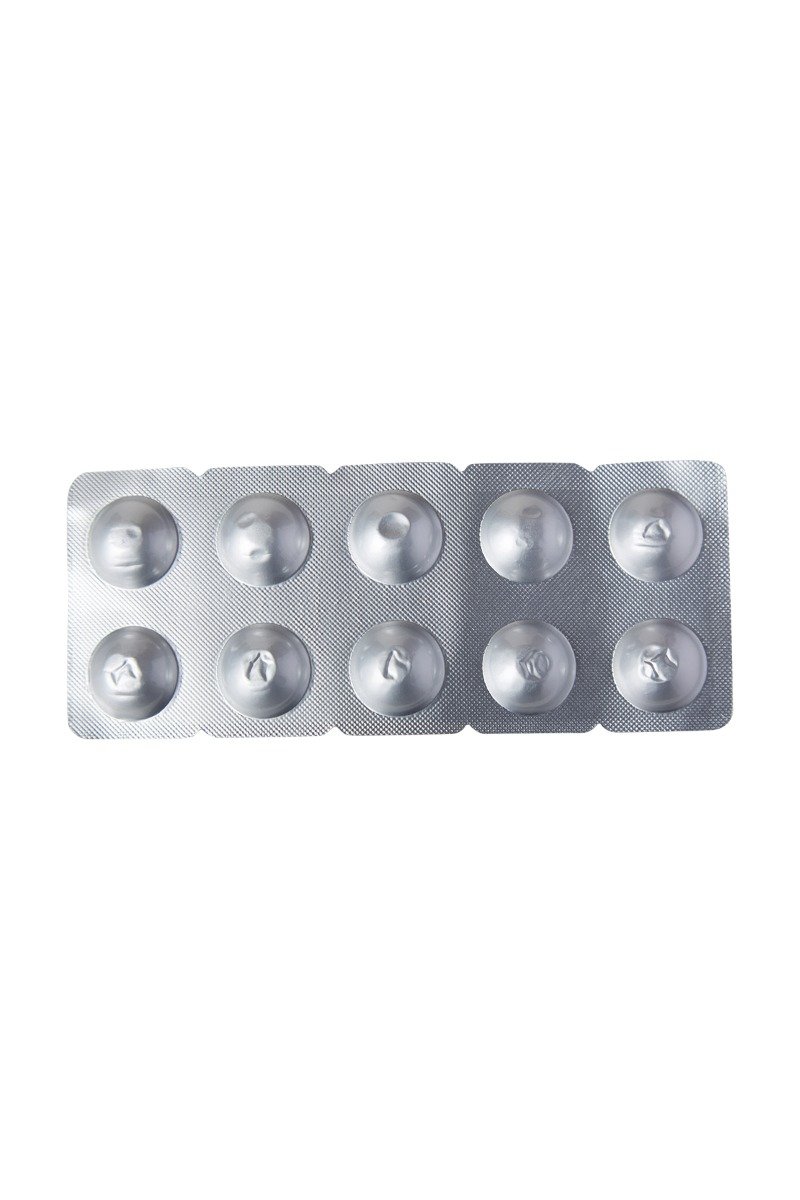
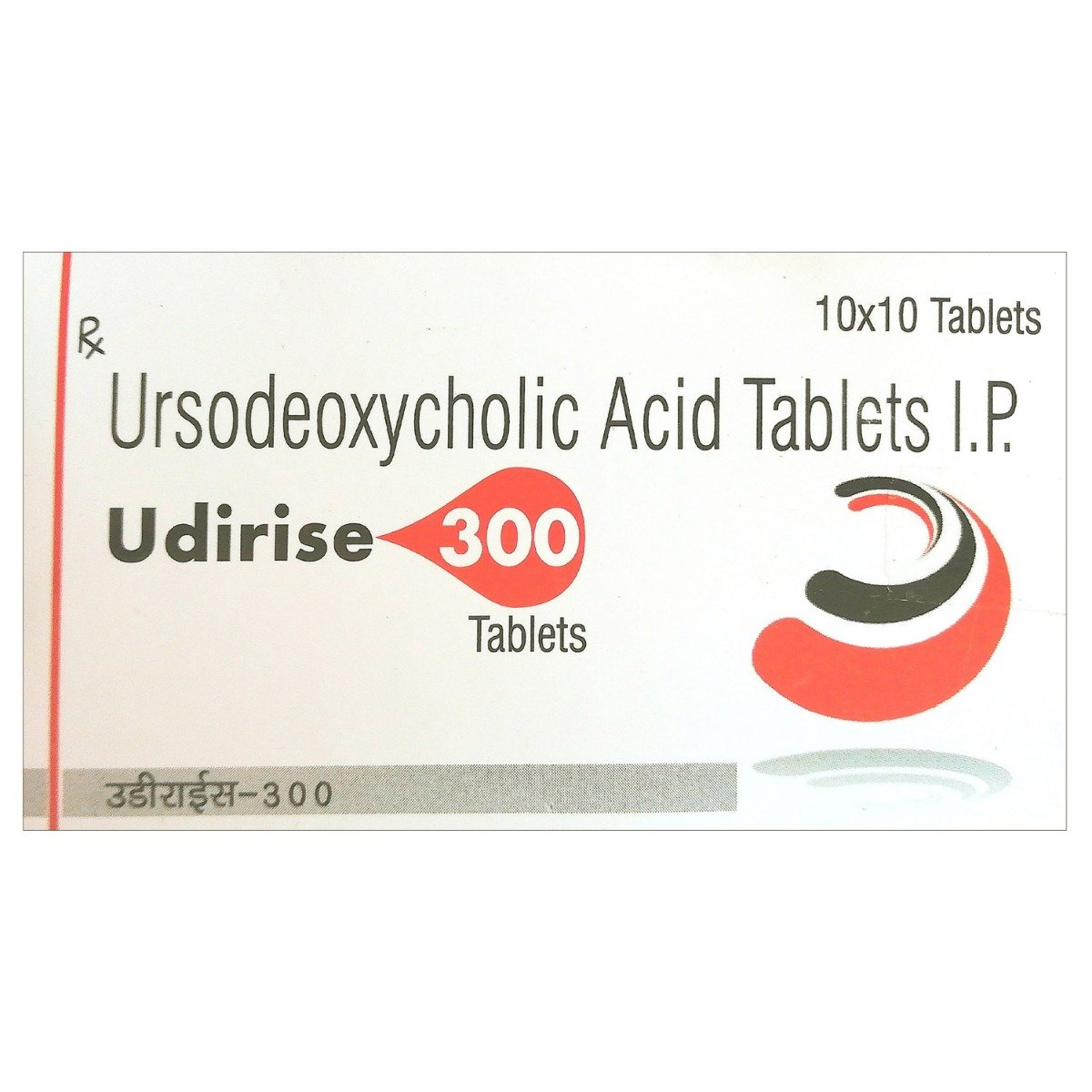
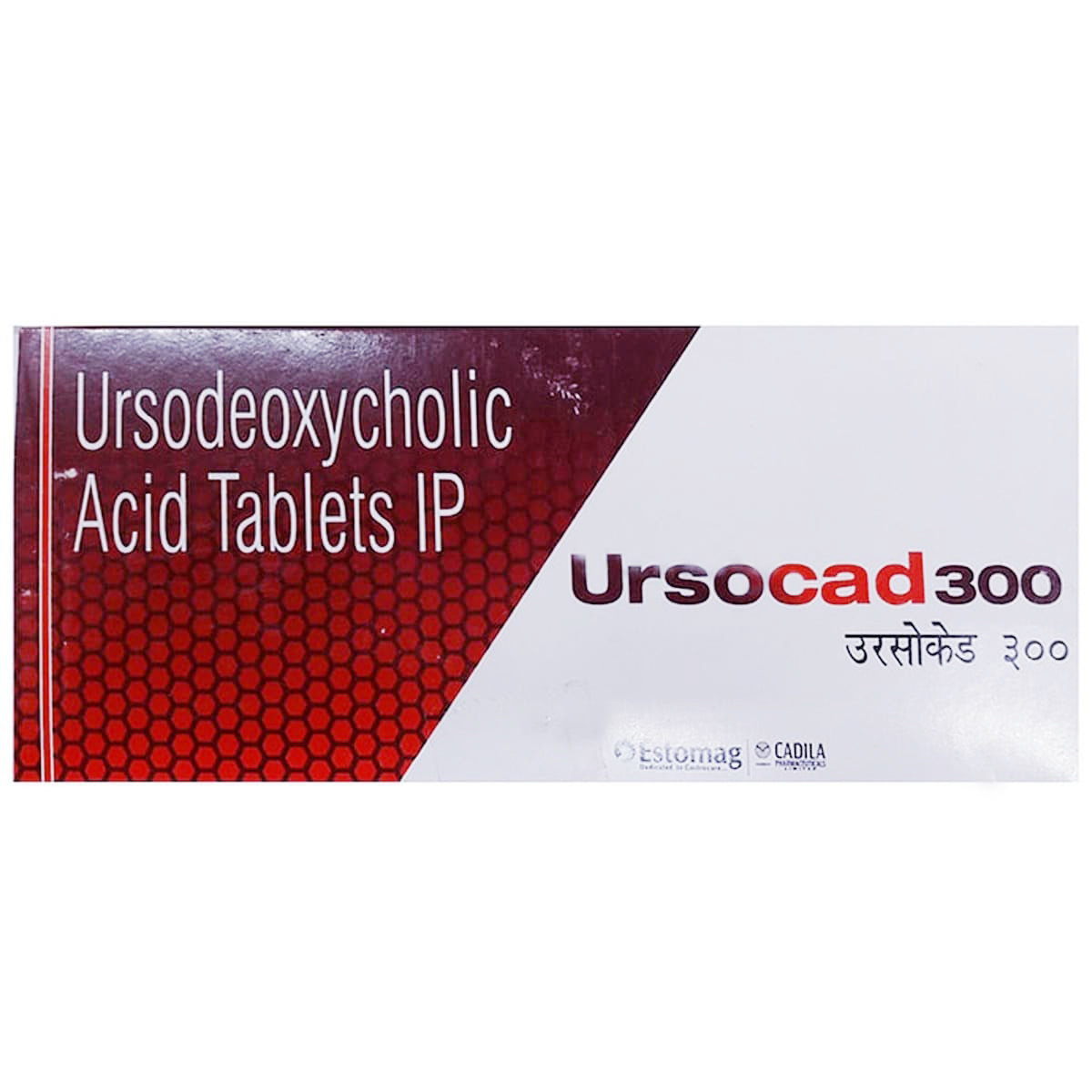
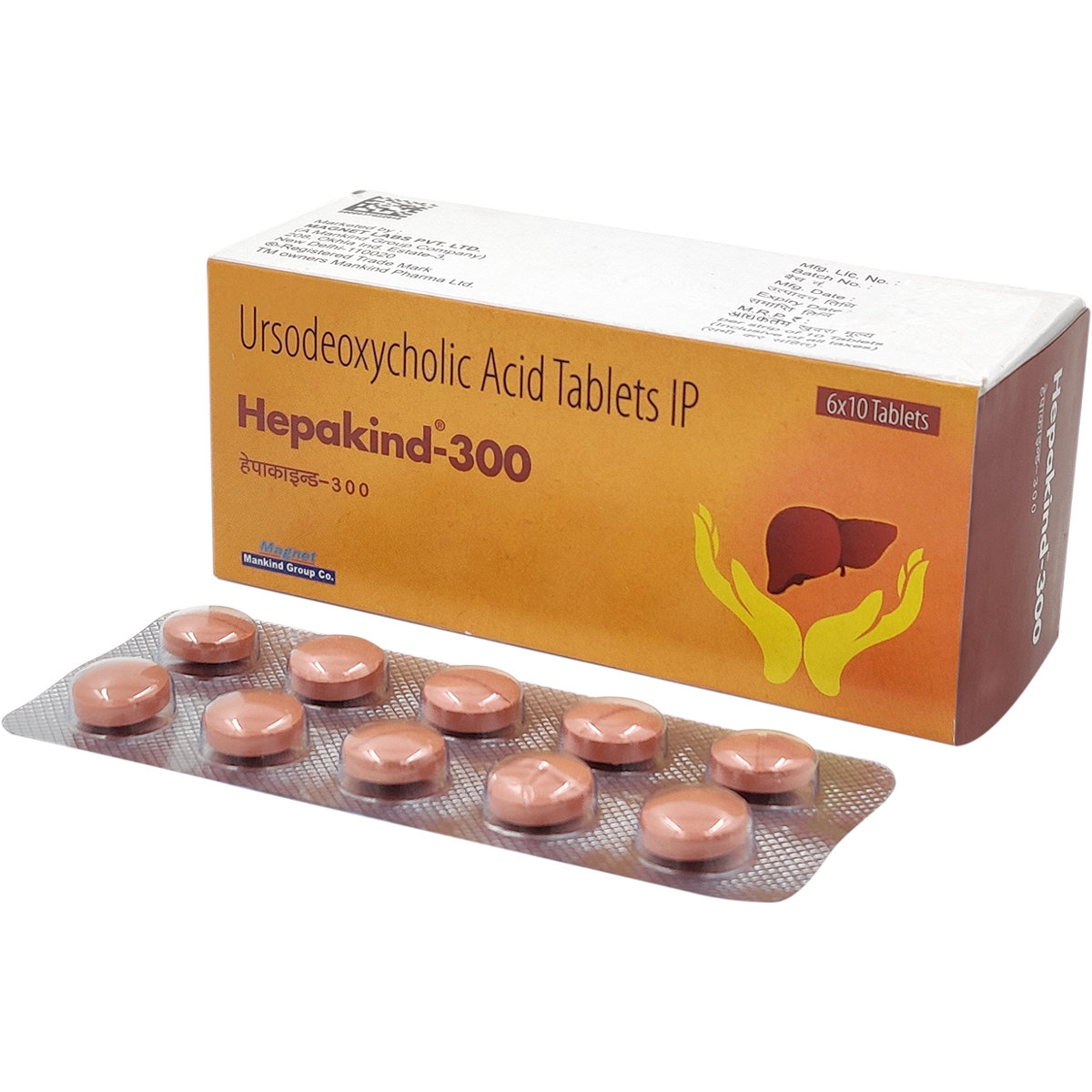
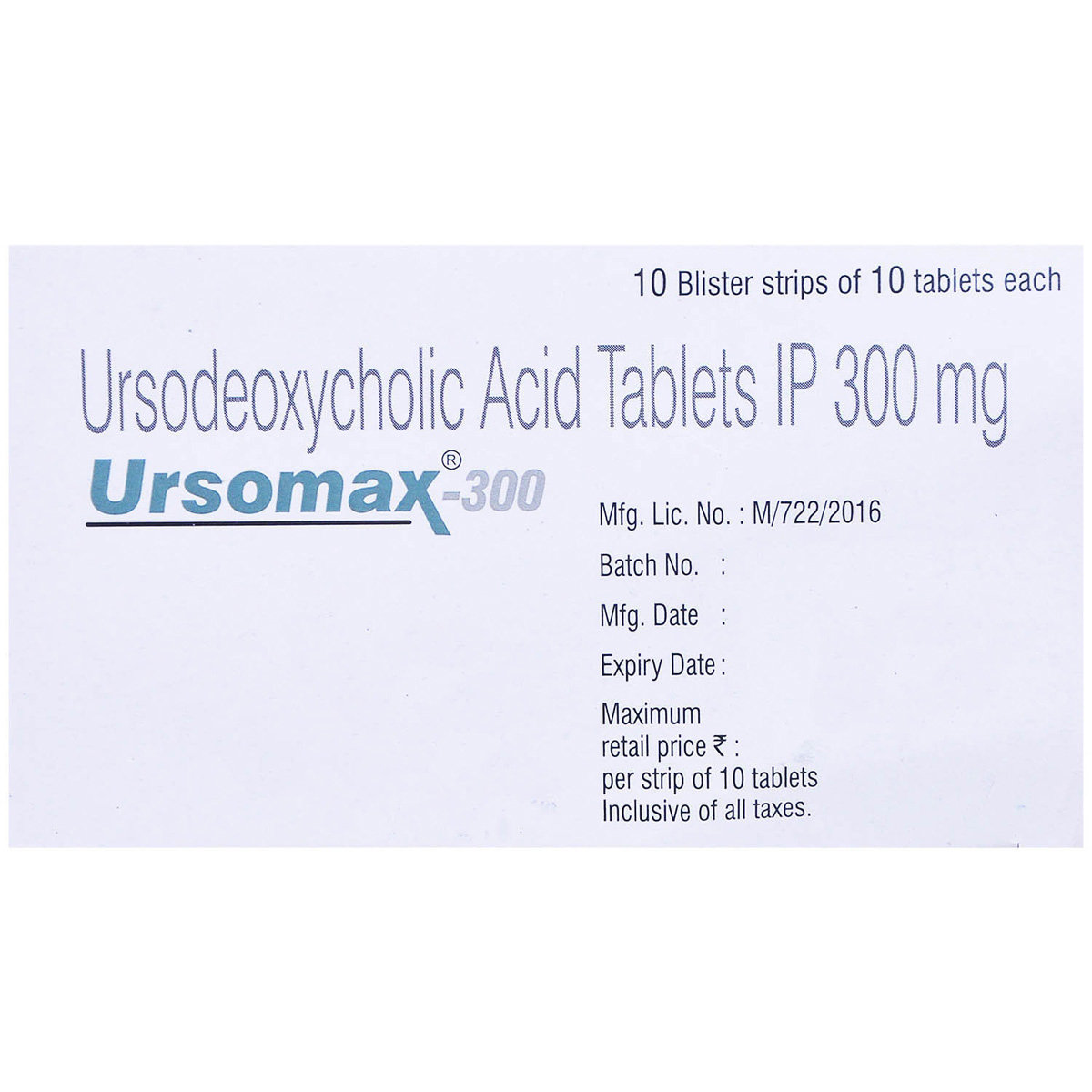

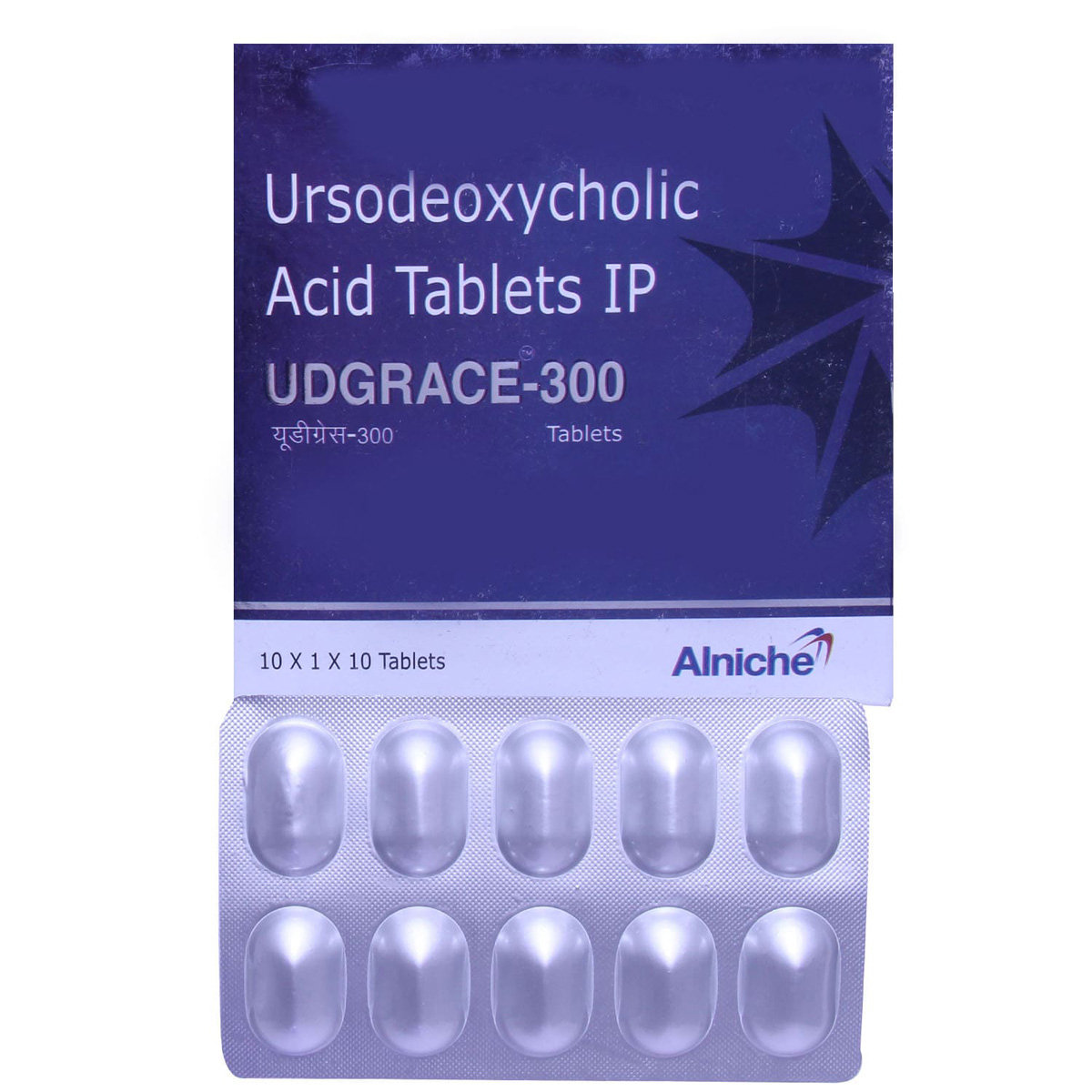
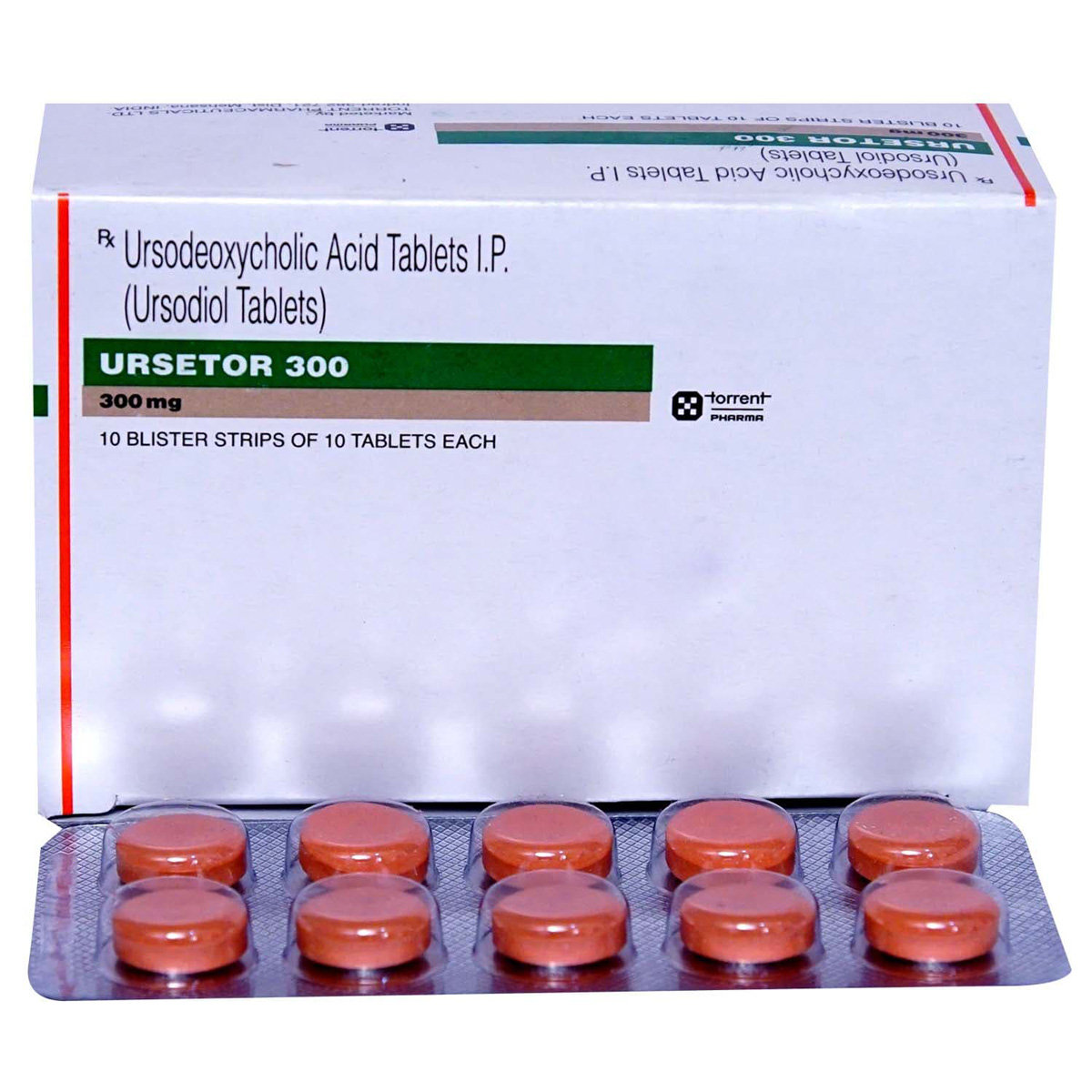
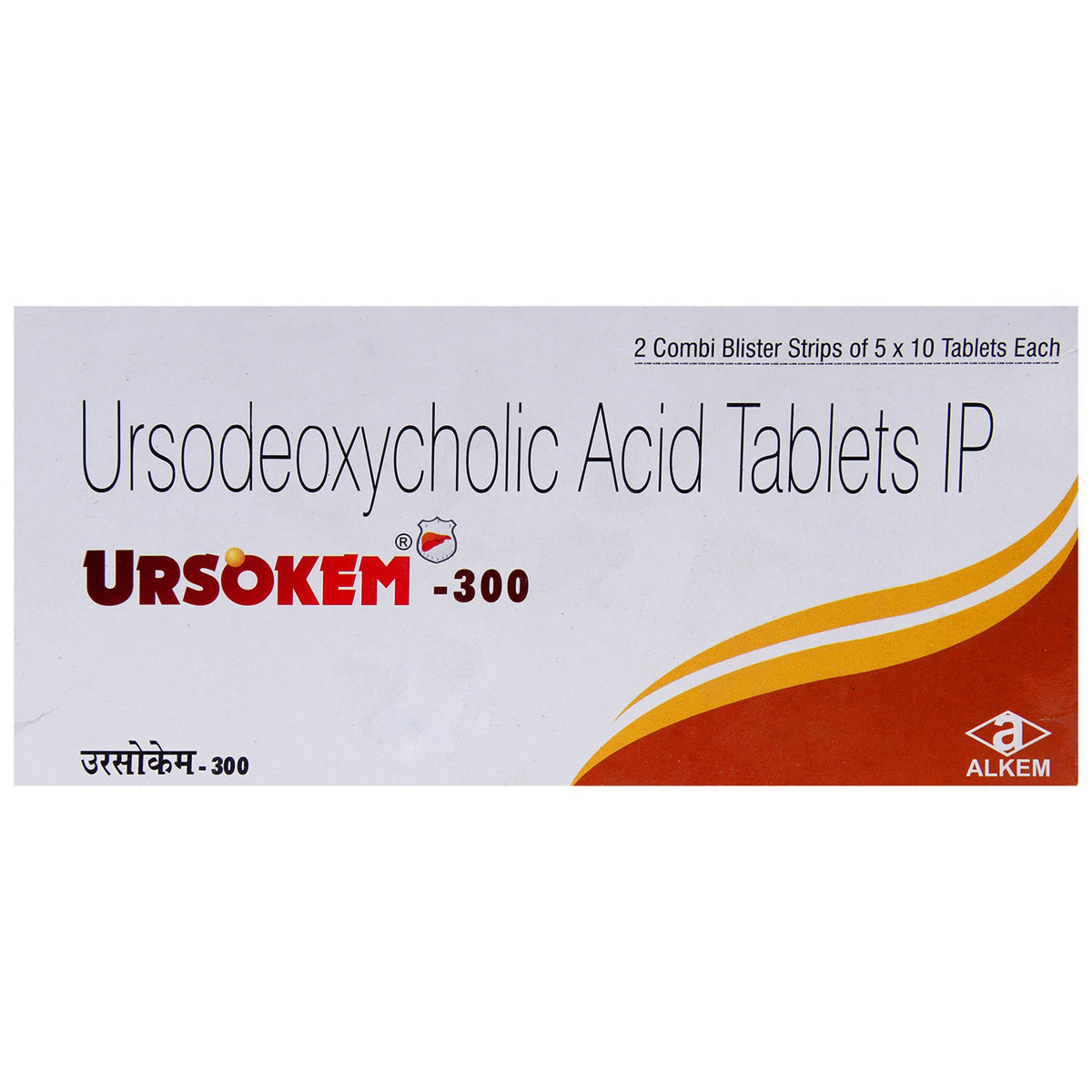
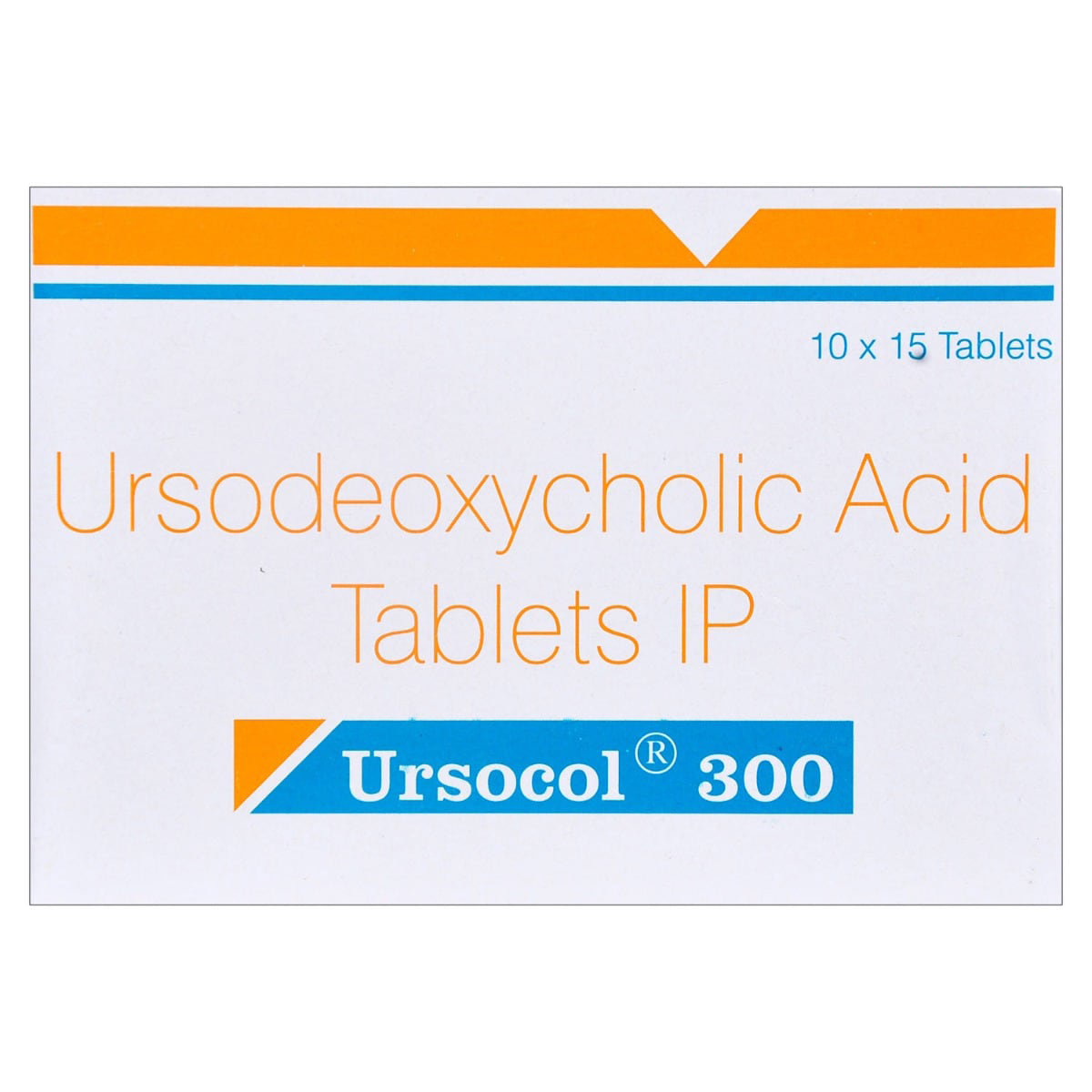
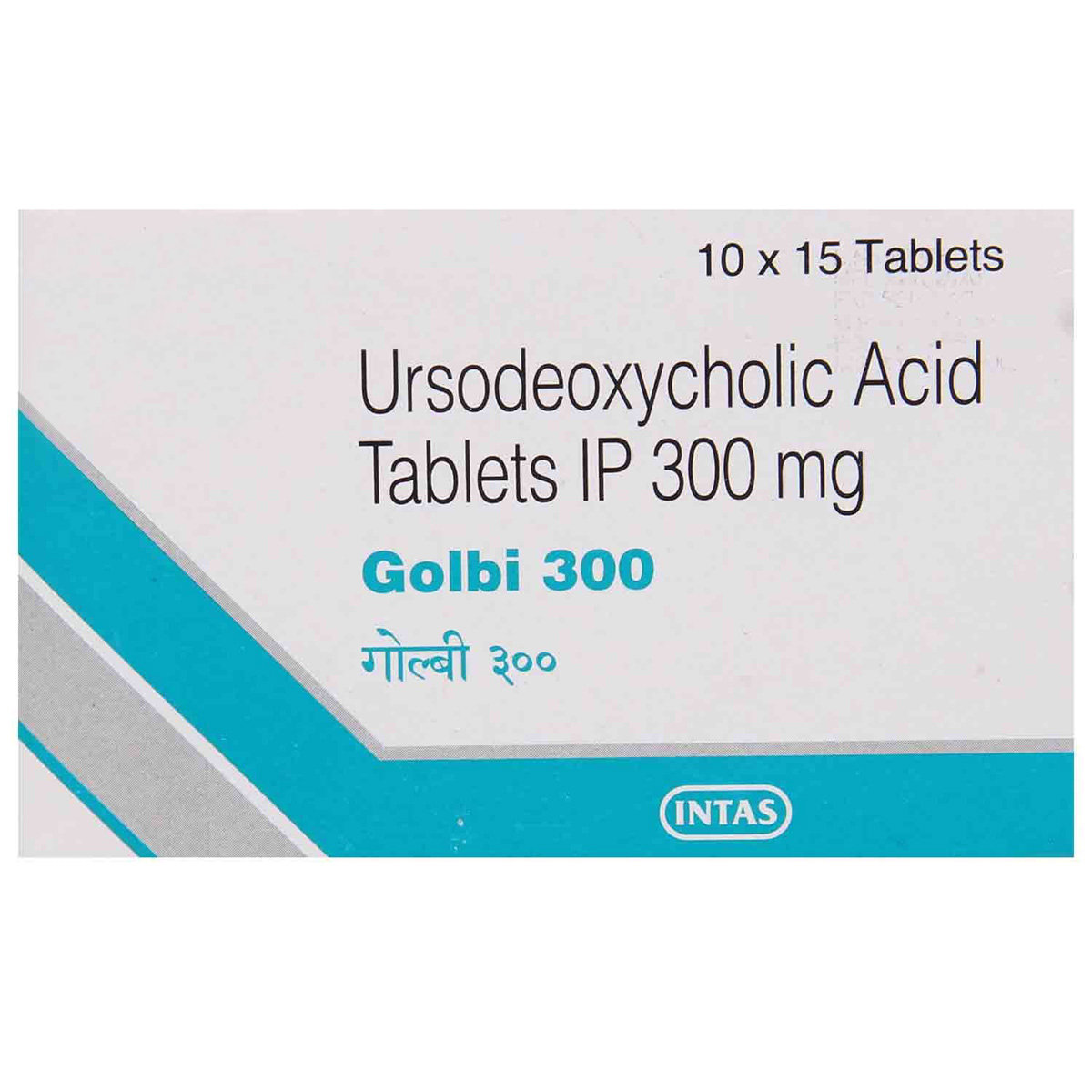


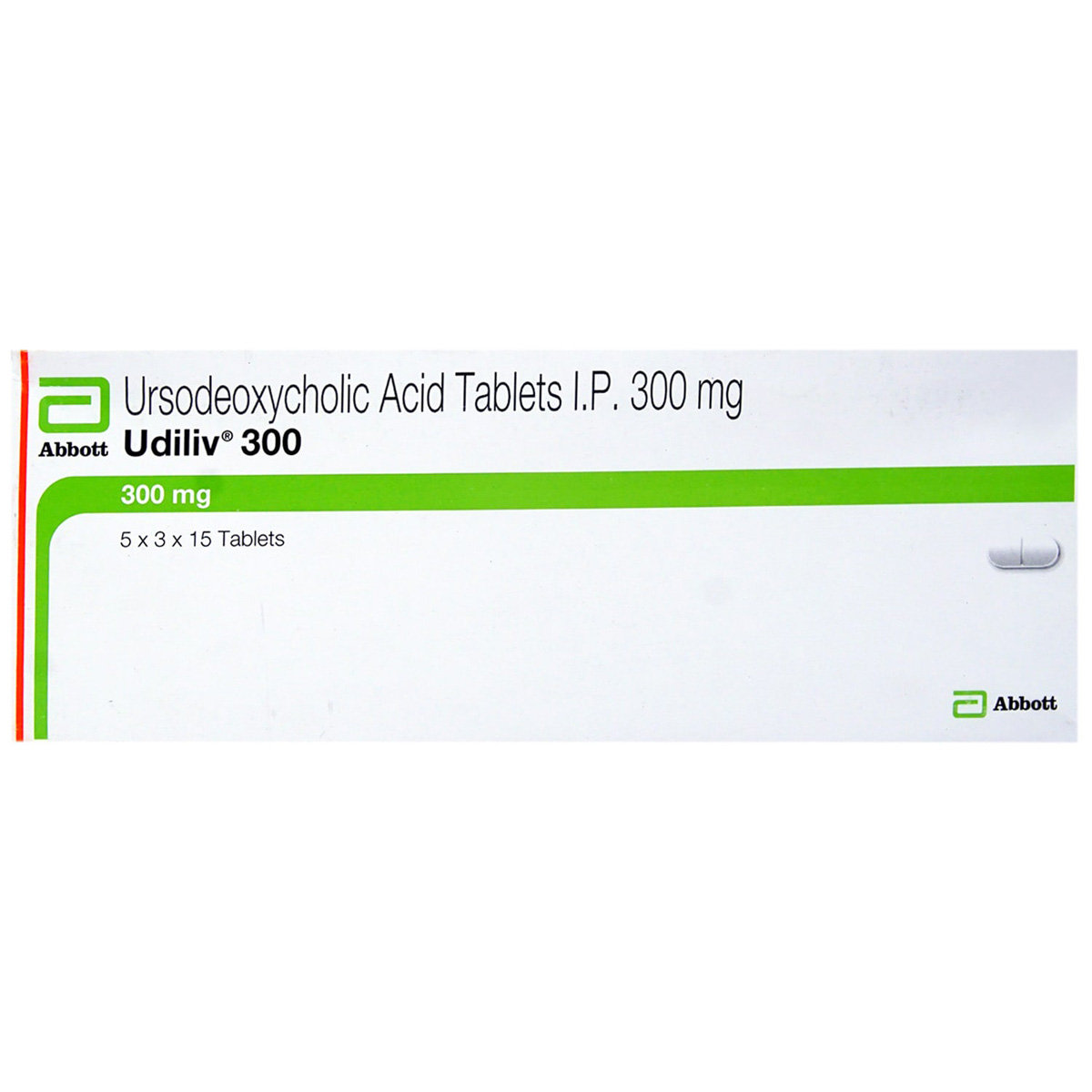

_0.jpg?tr=q-85)

